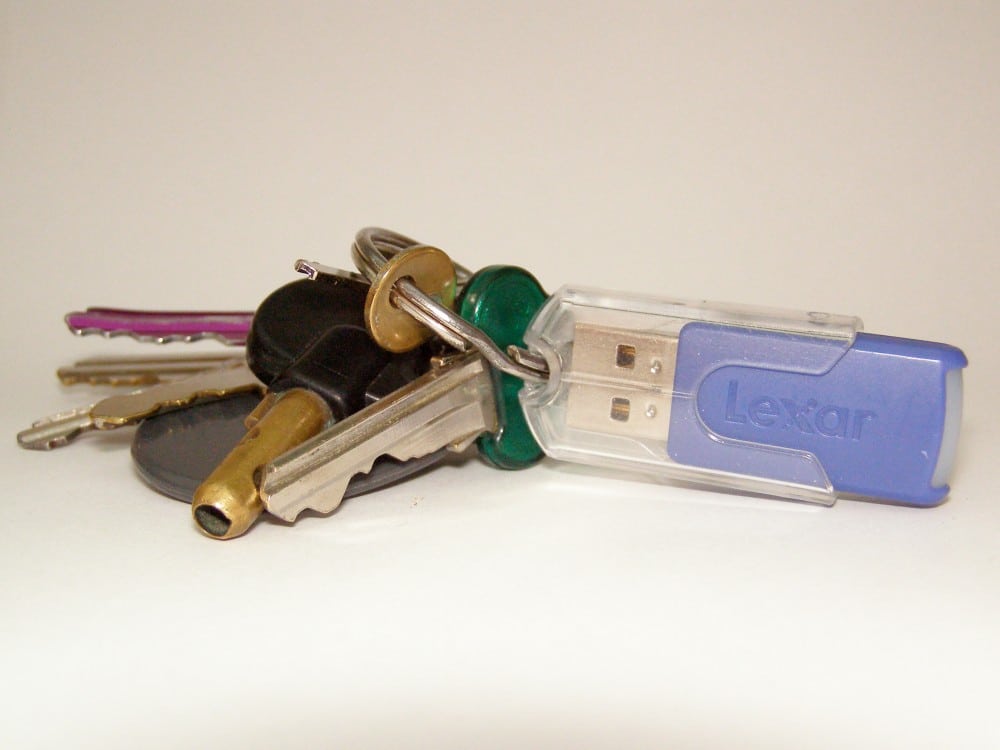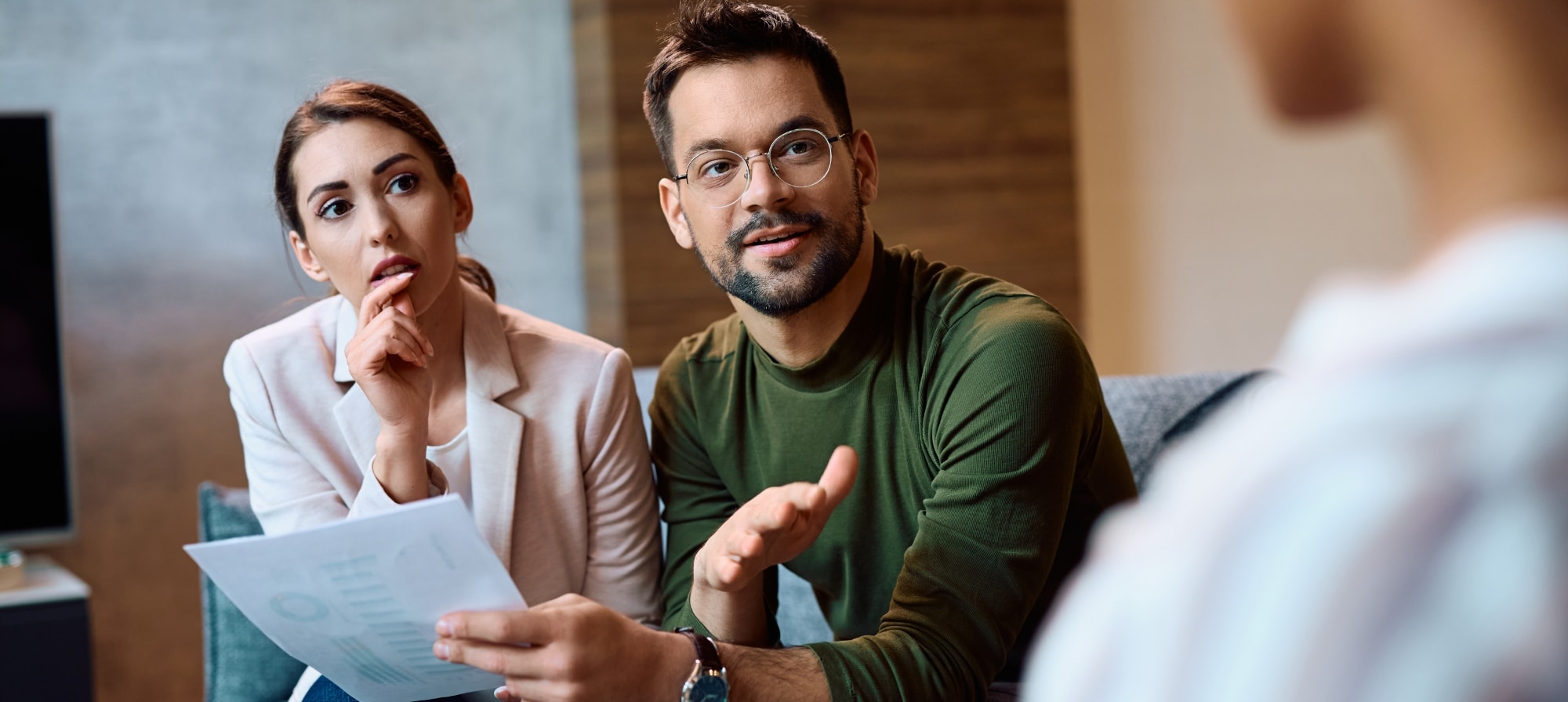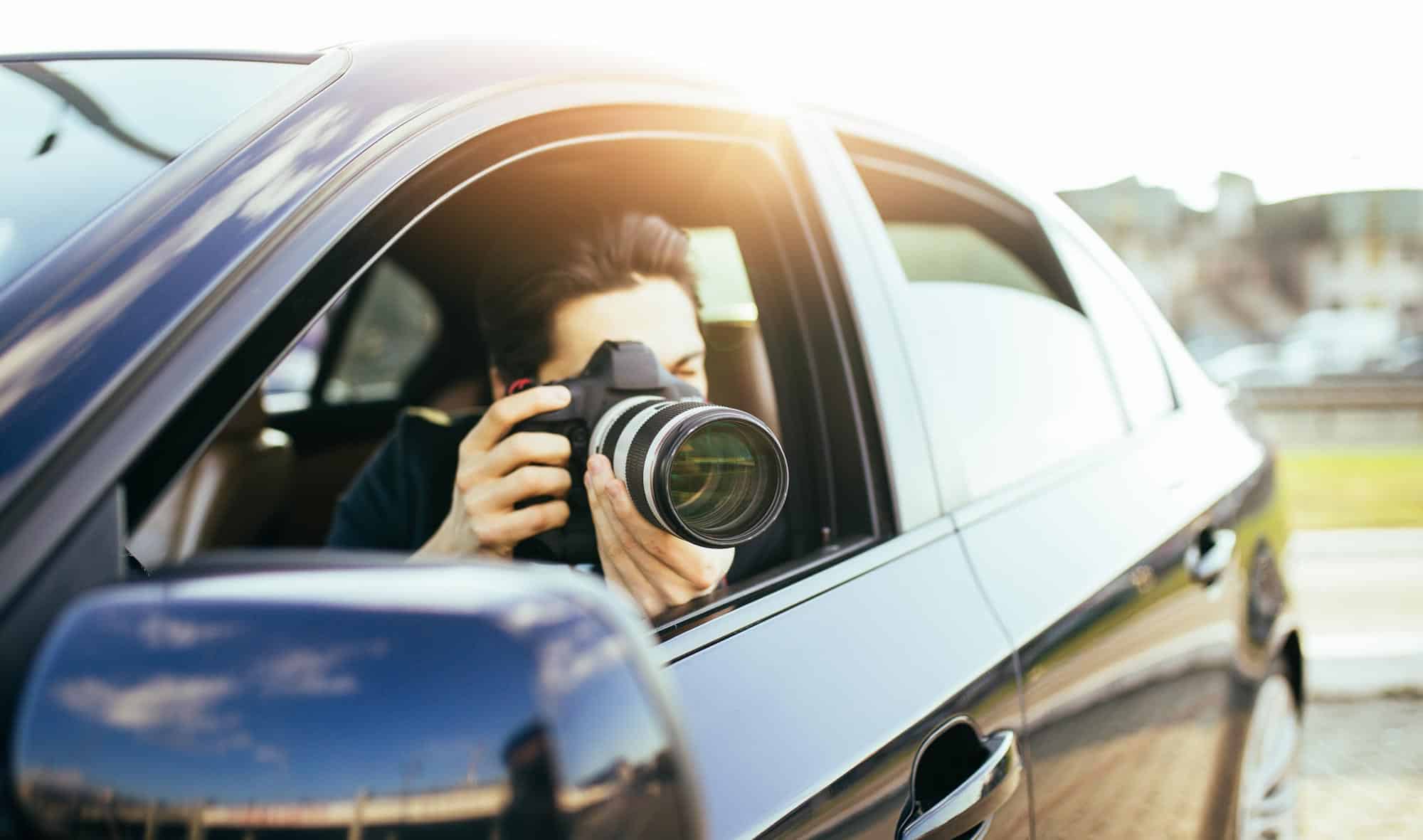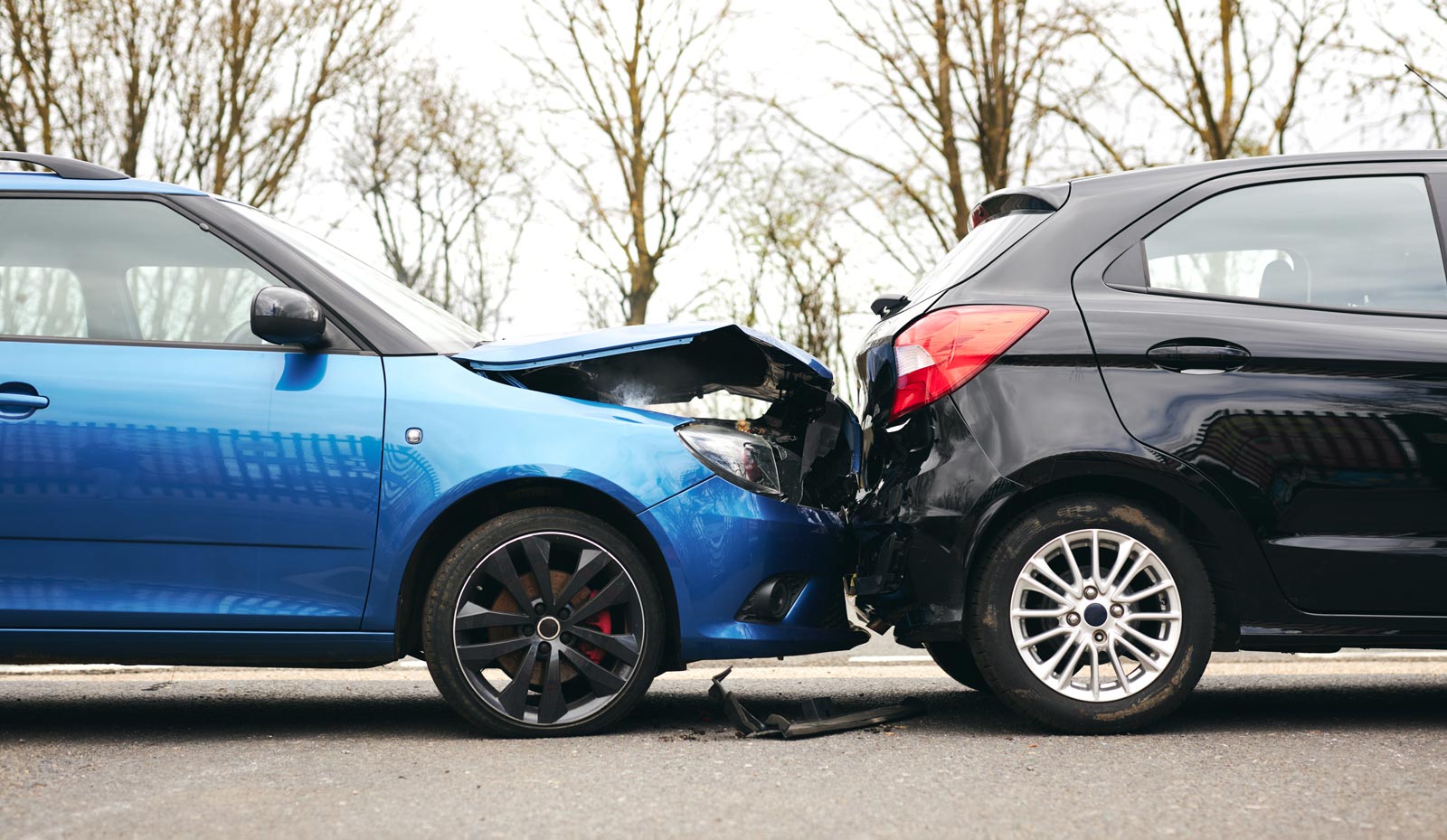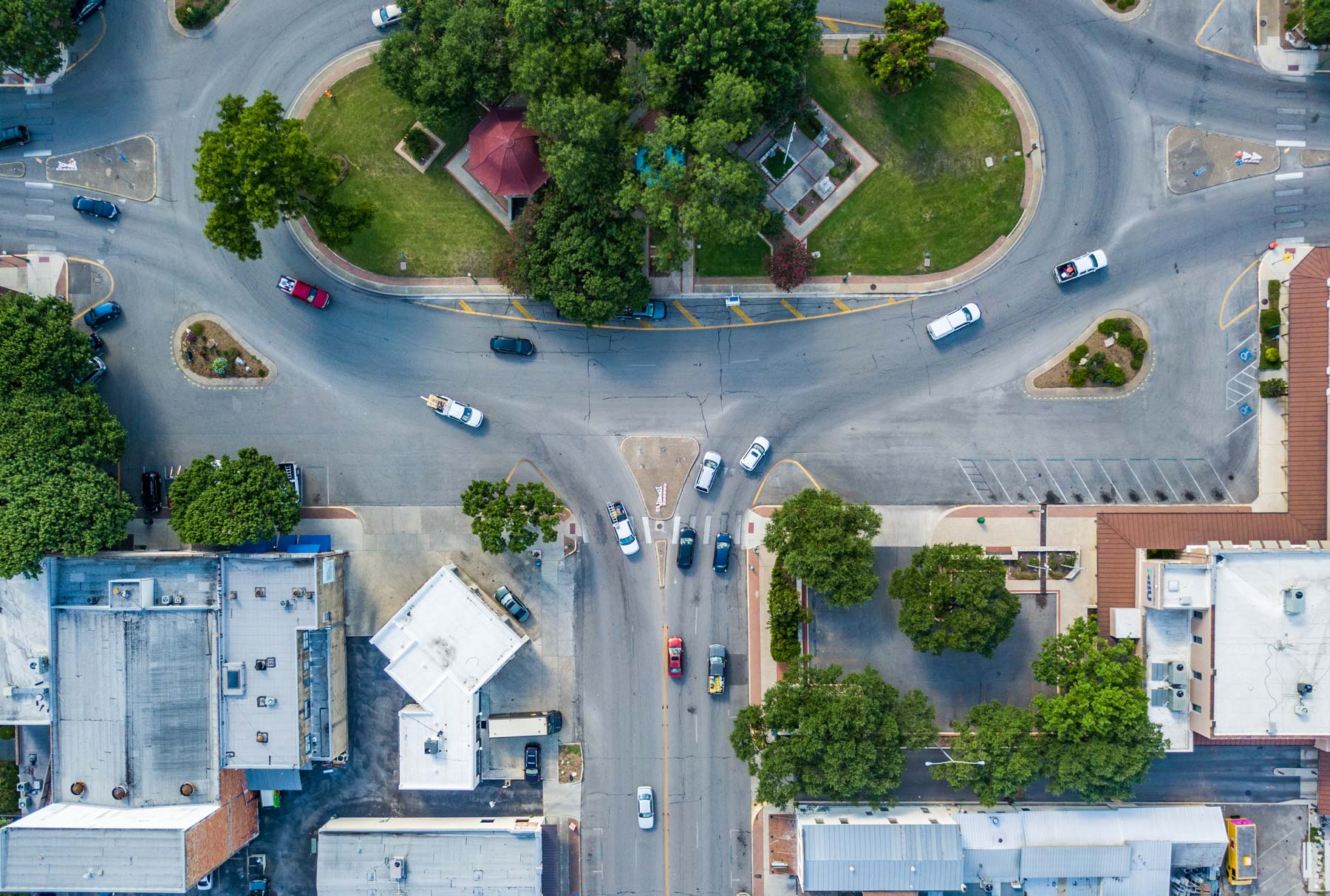With the rise of portable and hand-held devices, there has also been in increase in automobile accidents due to distracted driving. Many states have bans and fines specifically for talking on a phone or texting while driving, and for good reason. Multiple studies have proven that it is not possible to give the necessary focus and attention to driving when we simultaneously attempt to talk on the phone, write, or read a message. Now that the problem is recognized, efforts must be made to prevent this behavior and minimize the number of car accidents caused by distracted driving.
As tech leaders look into possible solutions, we are faced with the issue of how to tell if someone who caused an accident was distracted by choosing to use a mobile device while driving. Many people are unaware that cell data can be attained by outside sources. Personal injury lawyers or law enforcement may be able to use legal action to obtain cell data of a defendant to determine if that person was talking or texting and driving.
There can be obstacles to obtaining and using cell data to prove negligence and liability.
Personal injury attorneys may be able to use interrogation or data from the cell provider, but often gaining access to the phone data requires information about the cell phone service carrier, a subpoena, or an authorization. Additionally, there have been instances where a witness saw someone using a cell phone before a crash, but the court decided that “the mere possession of a cell phone at the time of a collision did not entitle the plaintiff to discovery the defendant’s cell phone records.”1 The plaintiff would have to provide evidence of the defendant using the device leading up to the crash, which often is not possible, especially if someone was using a device out of view or with a hands-free headset.
Privacy is also an issue when attempting to access cell data records. Several acts provide protection for electronic communication covering emails, texts, and phone calls. The court may decide that a plaintiff does not have the right to procure the private cell phone data of a defendant in a personal injury case. The plaintiff may ask for an authorization from the defendant and pursue a simple request with this authorization for data from the cell provider, but there is no guarantee that the defendant will allow their records to be given. If not granted authorization, there are further steps that can be taken to move the court for a protective order. There is still a chance that the data cannot be recovered.
Even if using a phone while driving is not illegal in a state where an accident happened, liability and negligence can still be proven with phone records because usage is a distraction. Driving requires a great deal of attention, and drivers are responsible for providing full attention to the road.
1 From “Discovery Issues in Distracted Driving Cases” Published in Trial magazine, February 2013
